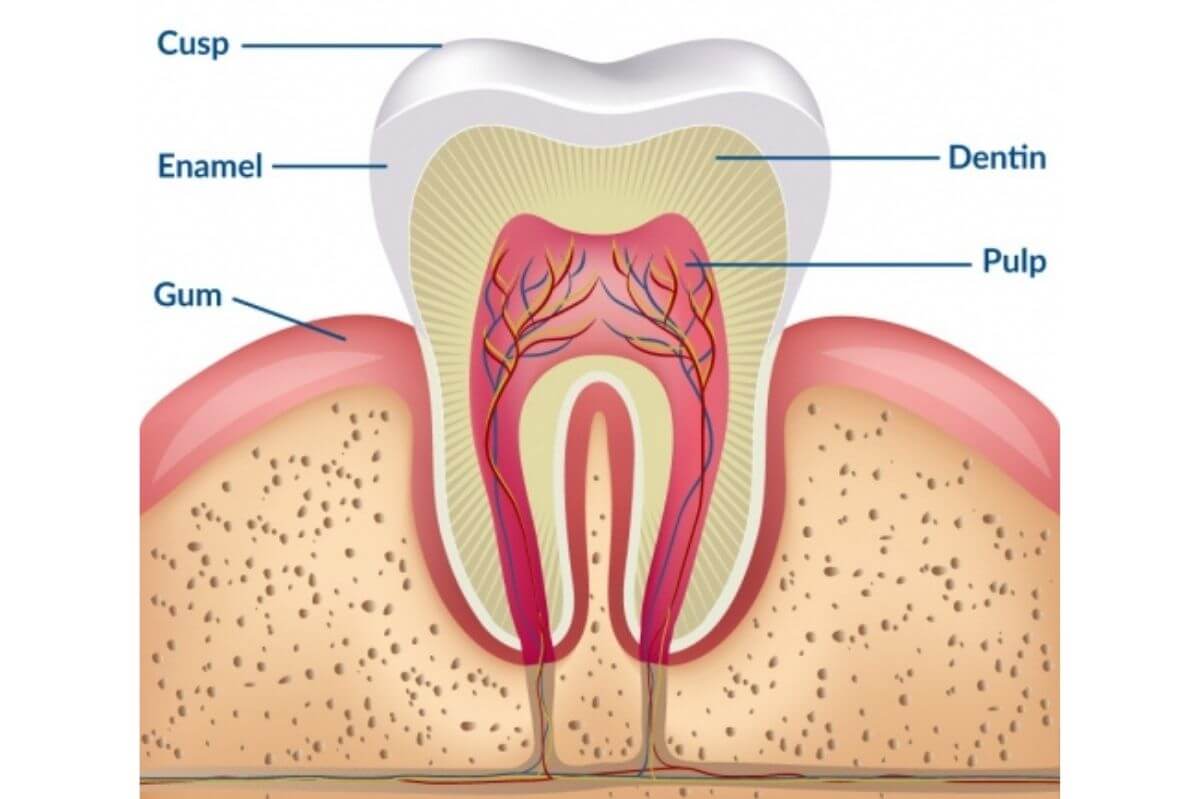Tonsil Stones and Their Smell: Causes, Prevention, and Treatment
What Are Tonsil Stones?
Tonsil stones, also known as tonsilloliths, are small, calcified deposits that form in the crevices of the tonsils. They are composed of debris such as food particles, dead cells, and bacteria that get trapped and harden over time.
Why Do Tonsil Stones Smell So Bad?
One of the most common complaints about tonsil stones is their unpleasant odor. The foul smell originates from sulfur-producing bacteria that thrive in the mouth and break down organic matter trapped in the tonsils.
Common Causes of Tonsil Stones
Poor Oral Hygiene – Lack of proper brushing and flossing can contribute to debris buildup.
Chronic Tonsillitis – Frequent inflammation makes the tonsils more prone to trapping particles.
Postnasal Drip – Mucus buildup can mix with bacteria and contribute to stone formation.
Dry Mouth – Reduced saliva production allows bacteria to thrive.
Dietary Habits – Dairy, sugar, and processed foods can encourage bacterial growth.
Symptoms of Tonsil Stones
Bad Breath (Halitosis)
Difficulty Swallowing
Ear Pain
Swollen Tonsils
White or Yellowish Lumps in the Tonsils
How to Remove Tonsil Stones
1. Gargling with Salt Water
Gargling warm salt water helps to dislodge smaller tonsil stones and reduce inflammation.
2. Using a Cotton Swab
A damp cotton swab can gently push out tonsil stones. However, caution is advised to avoid injury.
3. Water Flosser or Oral Irrigator
A water flosser with moderate pressure can effectively remove tonsil stones without discomfort.
4. Tonsil Stone Removal Kit
Some kits include tools specifically designed for safe extraction of tonsil stones.
5. Professional Removal
For large or persistent tonsil stones, a visit to an ENT specialist may be necessary.
How to Prevent Tonsil Stones
1. Maintain Good Oral Hygiene
Brush twice a day with a fluoride toothpaste.
Floss daily to remove trapped food particles.
Use an antibacterial mouthwash to kill odor-causing bacteria.
2. Stay Hydrated
Drinking plenty of water helps to wash away debris and maintain saliva production.
3. Adjust Your Diet
Reduce dairy consumption to prevent mucus buildup.
Limit sugary and processed foods that encourage bacterial growth.
Eat crunchy fruits and vegetables to naturally clean the tonsils.
4. Gargle Regularly
Using salt water or a non-alcoholic mouthwash can help cleanse the throat and tonsils.
5. Consider Tonsillectomy
In severe cases where tonsil stones are frequent and cause discomfort, removing the tonsils may be a long-term solution.
Myths and Misconceptions About Tonsil Stones
1. Are Tonsil Stones Dangerous?
No, they are generally harmless but can cause discomfort and bad breath.
2. Do Only Unhygienic People Get Tonsil Stones?
No, even people with good oral hygiene can develop tonsil stones due to anatomical factors.
3. Do Tonsil Stones Indicate a More Serious Condition?
Not necessarily, but persistent tonsil stones might signal chronic tonsillitis.
When to See a Doctor
If tonsil stones cause severe pain
If they frequently recur despite preventive measures
If they lead to persistent bad breath that doesn’t improve
Try Lidercare Now!
We Help You Launch New Products, And Continue To Grow. Try Us With 20% Off Your First Order!
Final Thoughts
Tonsil stones can be an annoying and smelly problem, but they are manageable with proper oral care and lifestyle adjustments. By understanding their causes, symptoms, and effective removal methods, you can keep your mouth fresh and stone-free.
Frequently Asked Questions (FAQs)
1. Can tonsil stones go away on their own?
Yes, small tonsil stones may dislodge naturally, especially with good oral hygiene.
2. How long do tonsil stones last?
They can last from days to weeks, depending on their size and whether they are removed manually or naturally expelled.
3. Can you squeeze out tonsil stones?
Yes, but it’s best to use a cotton swab or a water flosser to avoid injury.
4. Do probiotics help with tonsil stones?
Yes, probiotics can help balance oral bacteria and reduce the formation of tonsil stones.
5. Can I get rid of tonsil stones permanently?
While preventive measures can reduce recurrence, a tonsillectomy is the only permanent solution.
Table of Contents
Awesome! Share to:
Latest Blog Posts
Check out the latest industry trends and take inspiration from our updated blogs, giving you a fresh insight to help boost your business.




